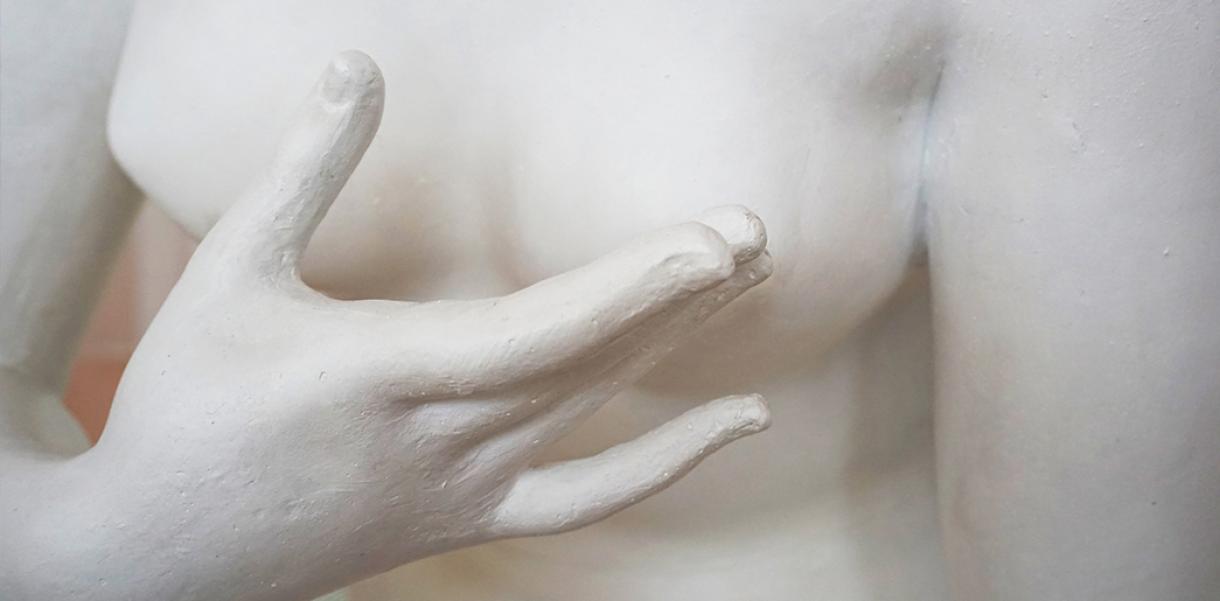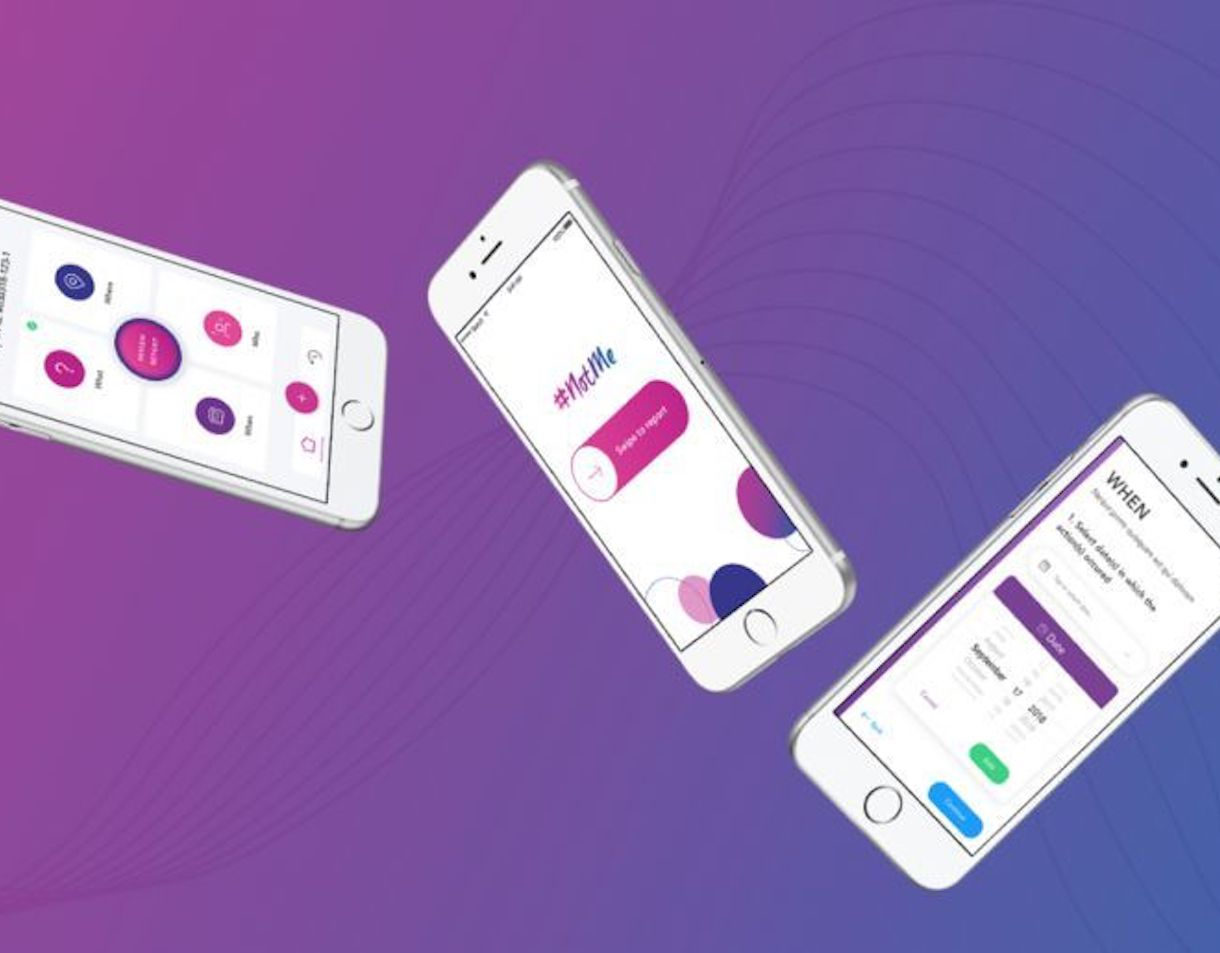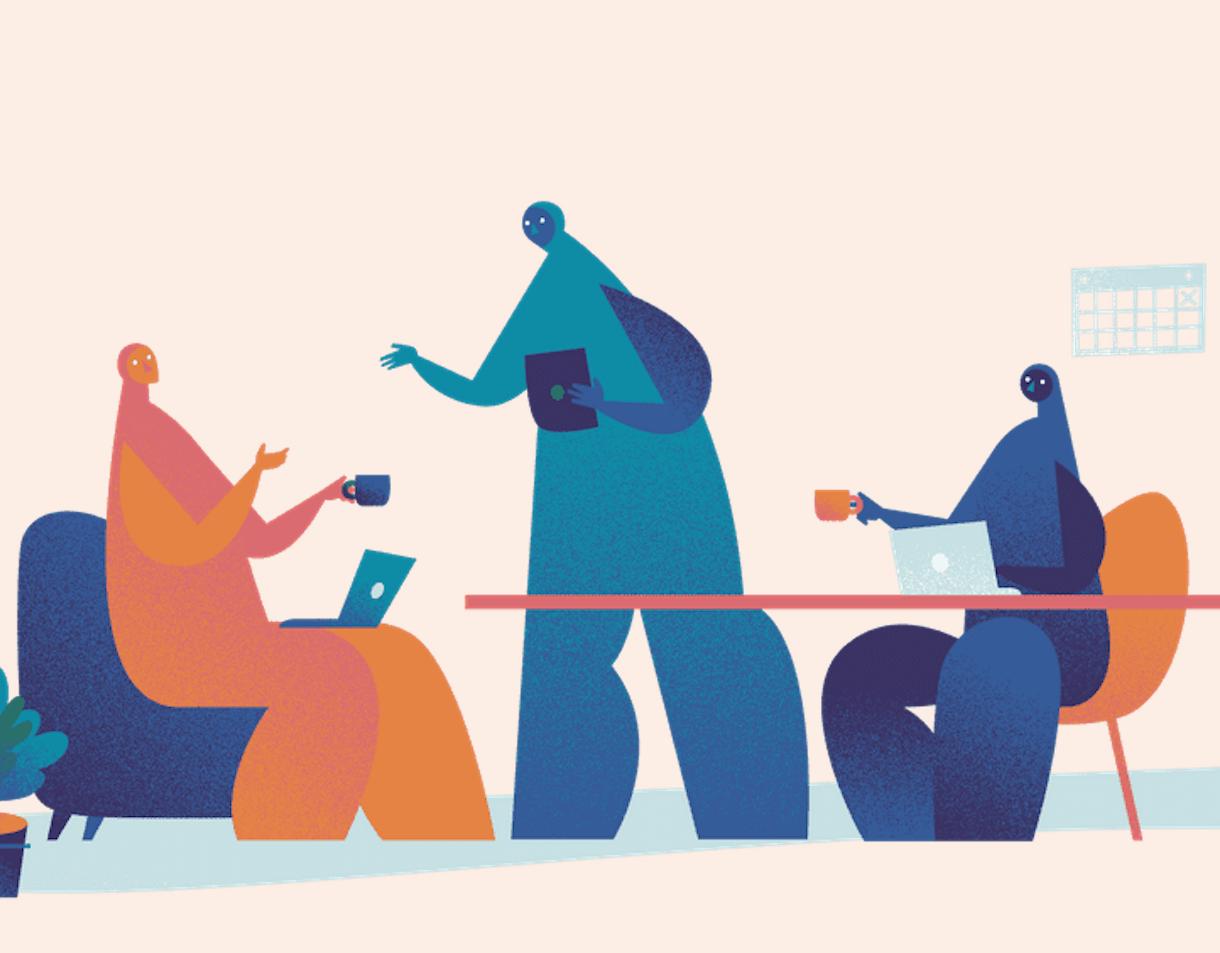The #MeToo-movement came to the public eye when Hollywood actresses started sharing their stories of harassment and abuse in the film industry. But, their experiences were just the tip of the iceberg, reflecting a systemic problem in global work culture.
Now, more than two years later, we haven’t stopped talking about the injustices that can occur when there's a power imbalance. That's why designers are working to create tangible solutions to prevent harassment and help victims seek justice. Being heard is the first step.
Spot is an AI tool that enables victims to document harassment and discrimination over time. By asking qualifying questions and generating timestamped PDFs, Spot creates reliable evidence. Whether they want to report the harassment or not, stay anonymous or come forward, is a choice Spot lets the individual make.
Equally, the #NotMe app creates a safe space for sharing experiences or observations on workplace misconduct. Employees fill out a report by answering four simple questions: what, when, where, and who? This can all be completed in less than three minutes, and the worker can decide whether or not to file a report.
Creating a dignified and fair workplace is the primary goal of MyHelper. They protect maids in Singapore, Myanmar, The Philippines, Cambodia and Indonesia while also helping employers. Serving as a reliable middleman, they match maids with employers, provide qualifying training and facilitate an honest relationship. In 2018, they received the Brands for Goods Award.
Lastly, there’s Progress Data: a company that measures the level of diversity in the workplace and how it can be improved. According to Progress Data, companies with more diversity perform better financially and attracts more top candidates with a social conscience. By analysing data and surveying employees, they create a plan for improving diversity over time with realistic goals.
-
Image: Victoria Strukovskaya and Duncan C







